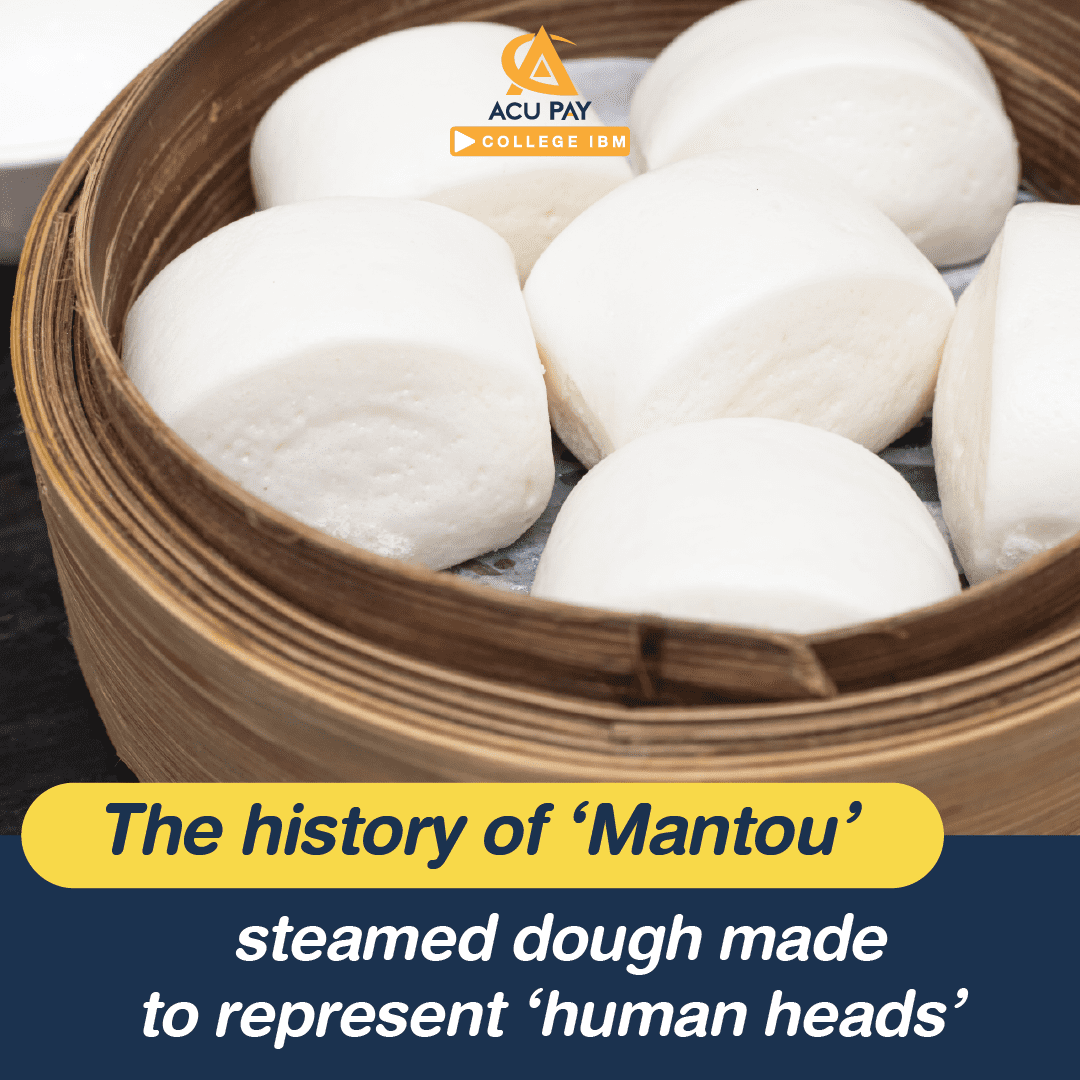

Have you ever wondered why the Chinese language that is commonly used in communication is called Chinese Mandarin in English? Why don’t we call them common Chinese? ACU PAY will answer this question for you!
In the 16th century, the era of European marine exploration, the nation that specialized in this was Portugal. They sailed across the continent to trade and spread religion until, when they docked in China, they met with government officials representing the Chinese royal court during the Ming Dynasty. The Portuguese therefore call these people “Mandarin” derived from the Malay word “Menteri” and Sanskrit “Mantré” (montrī), which means a noble advisor before this word spread throughout Europe.
Another theory is that the word Mandarin may have occurred during George McCartney, an English diplomat who came to China during the reign of Emperor Qianlong (1735 – 1796). McCartney has taken the word “Mandate” which means government order or command in English with the word “rin” which is distorted from the word “ren” (ren 人) or people in Chinese. It is combined into Mandarin which means the language in Chinese government orders. There is also an assumption that Mandarin was derived from the word “man ta ren” (滿大人) referring to the Manchus noble during the Qing Dynasty.
The large region of China results in the different dialects used in different parts and has become a major obstacle in communicating with one another. During the Ming Dynasty, because civil servants who served in Beijing and abroad needed a central accent that everyone could understand together, it was born as Guānhuà (官话), meaning ‘official language’ to communicate in the ruling class. The Chinese Mandarin accent is from the Beijing accent. When Europeans learned Chinese from a central accent, they also called this accent “Mandarin” because it was the standard language of China in that era that public officials used in speaking.
In the late Qing Dynasty, there was a campaign to use the Beijing accent in earnest, and in 1909, Mandarin Chinese became guó yǔ (国语) meaning national accent. Later, in 1955, the government of the People’s Republic of China appointed a Mandarin accent to be a government accent that people use to communicate throughout the country and changed its name to pǔ tōng huà (普通话) which is used until now.